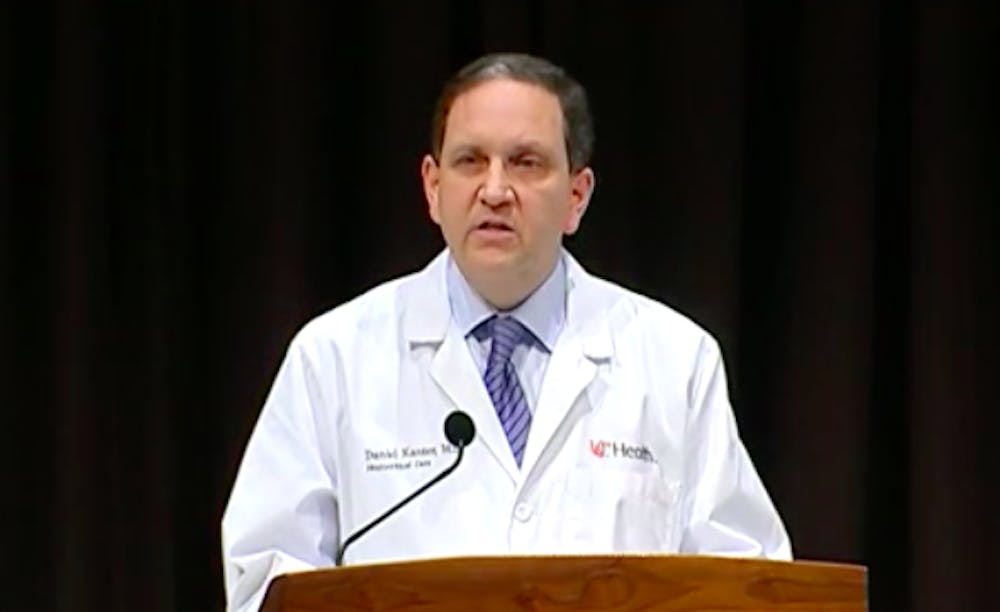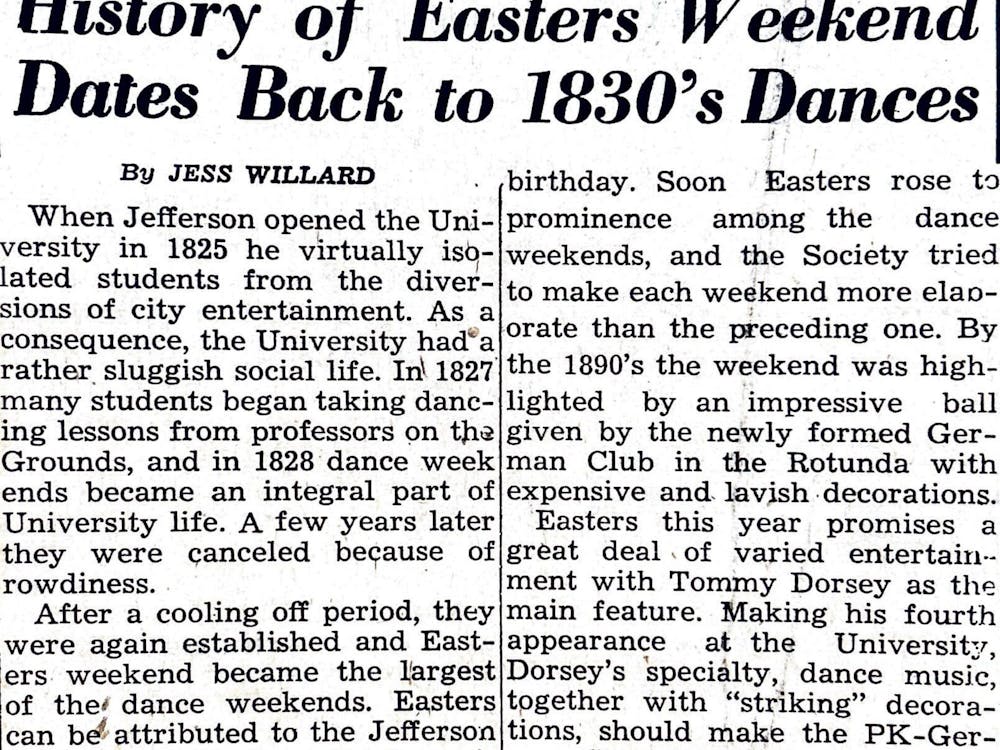Doctors at University of Cincinnati Medical Center held a press conference Thursday afternoon to discuss University student Otto Warmbier’s condition. The team of doctors described Warmbier to be in a state of “unresponsive wakefulness,” and believe him to have no “conscious awareness” despite earlier reports that he was in a coma upon release.
Warmbier had been held in North Korea since January 2016, and he was sentenced to 15 years of hard labor in March 2016 after confessing a month earlier to stealing a political banner from the Yanggakdo International Hotel in Pyongyang.
According to a statement released by Warmbier’s parents Tuesday, he was suffering from botulism — a type of food poisoning — and had fallen into a coma after taking a sleeping pill in March 2016. His parents Cindy and Fred Warmbier also held a press conference Thursday morning in which Fred said he doubted North Korea’s story of how Warmbier came to be in a coma.
Dr. Daniel Kanter, professor of neurology and director of the Neurocritical Care Program, spoke first.
“He has not spoken, he has not engaged in any purposeful movements or behaviors,” Kanter said.
The doctors said Warmbier is unconscious and that he has had severe loss of brain tissue. They are unsure of how the loss in brain tissue occurred and would not disclose if the trauma from his brain injury was reversible.
“The most important diagnostic test thus far was a magnetic resonance imaging scan of the brain. This study showed extensive loss of brain tissue in all regions of the brain. We have no certain or verifiable knowledge of the cause or circumstances of his neurological injury,” the Kanter said.
The doctors said though they are uncertain of the cause of his injury, such a condition is often caused by cardiopulmonary arrest, when there is not enough blood supplied to the brain. They said this is often caused by respiratory arrest, but are not certain if this caused Warmbier’s cardiopulmonary arrest.
The doctors stressed that they have no certain information about Warmbier’s medical treatment while he was in North Korea. The only evidence they have are several brain MRI images provided by medical personnel in North Korea.
“The earliest images are dated April 2016,” Kanter said. “Based upon our analysis of those images, the brain injury likely occurred in the preceding weeks.”
They reported that Warmbier’s current condition is consistent with the evolution of changes that they saw on the MRI scans from April 2016.
Other than the tissue loss in the brain, doctors reported nothing suggests any other trauma.
“Among the battery of tests, we performed, we examined all the long bones of the body …w e’ve looked at the bone structures of the ribs, the pelvis, the skull, and he’s had CT scans of the chest, abdomen and pelvis. In those scans we see no evidence of an acute or healing fracture, including the skull,” Kanter said.
They also reported there was no evidence of mistreatment on Warmbier’s skin, as there were only minor blemishes which are believed to be the result of medical care and intravenous lines. However, they said they have no evidence to speculate on what might have happened in the past.
The doctors also found nothing that suggests Warmbier has botulism, as North Korean officials said.
The doctors said they wished to refrain from talking about Warmbier’s future at the request of the family.
“At the request of the family, information for the prognosis, prospects for improvement and future care and treatment will remain confidential,” Kanter said. “On behalf of the medical staff, nurses and associates of the University of Cincinnati Medical Center, I can say that it is our privilege to care for their son and brother.”







